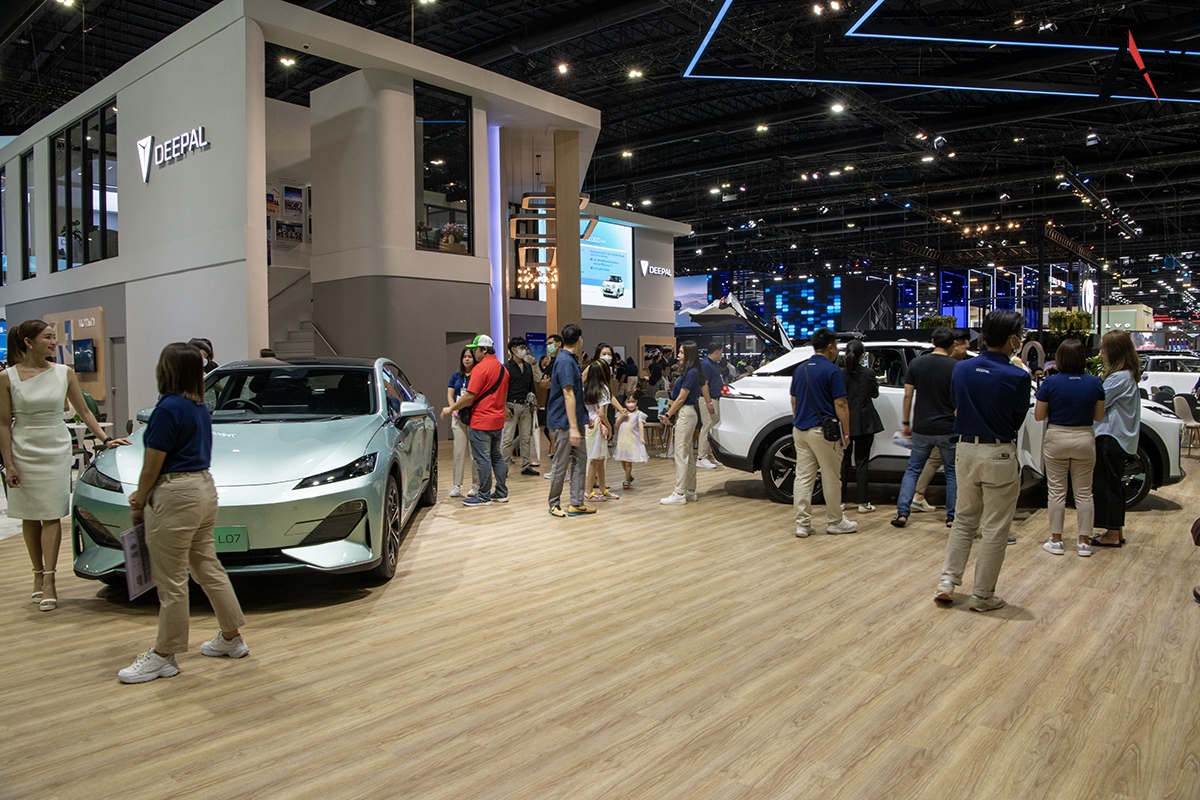The Board of Investment (BoI) is working to boost employment in Thailand by promoting the growth of the electric vehicle (EV) sector.
To support this emerging industry and create more EV-related jobs, the BoI is considering additional investment incentive packages.
“Currently, EV manufacturers have employed around 9,600 workers,” said Narit Therdsteerasukdi, the secretary-general of the BoI.
Most of these employees work at assembly plants established by EV companies in Thailand over the past year. Many workers are from China, including employees from MG, GWM, BYD, GAC Aion, and Changan.
According to the BoI, about 85-95% of these workers are Thai nationals employed as engineers, technicians, and management-level staff.
BYD, the Shenzhen-based electric vehicle manufacturer, employs the most people, with 5,900 workers. The company plans to increase its workforce to 8,000 by 2026.
Chinese EV companies plan to source about 90% of their parts locally, with current domestically sourced components ranging between 40% and 60%, stated Mr. Narit.
He believes Thailand has the potential to become a major hub for battery EVs, hybrid EVs, plug-in hybrid EVs, and range-extended EVs (REEVs).
Under its “30@30” policy, Thailand aims for EVs to account for at least 30% of total vehicle production by 2030, which would include 725,000 zero-emission cars, 675,000 electric motorcycles, and 34,000 electric buses and trucks.
However, due to sluggish domestic automotive sales, EV companies are urging the government to maintain subsidies and suspend fines for those failing to meet production targets.
Participating firms in the government’s EV3.0 incentive scheme received benefits such as lower excise taxes, reduced import duties, and sales subsidies for imported cars, in exchange for a commitment to assemble battery EVs domestically starting in 2024.
Many of these companies have struggled to meet the requirements, primarily because of slow sales within the Thai market over the past year.

